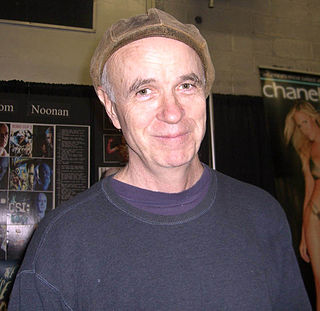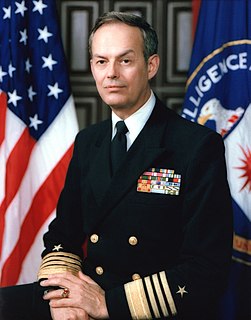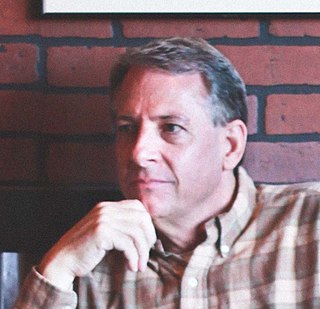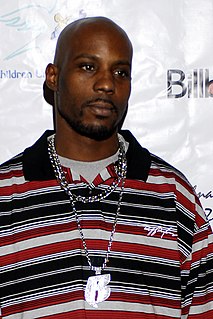A Quote by Woody Allen
I think, on both sides of the camera or the novel: Distraction. I'm obsessed with: Can I get this actress or my third act to work? I'm distracted. I'm interested in that so I don't sit home and think, "Gee, life is meaningless. We're all going to die. The universe is pulling apart at breakneck speed."
Related Quotes
You can be distracted by your love life, by the baseball game, movies, by the nonsense. "Can I get my kid into this private school? Can I get this girl to go out with me Saturday night? Am I going to get the promotion in my office?" All this stuff, but in the end the universe burns out. So I think it's completely meaningless.
We are going to die, as is everyone we adore - I hate this! But the question is, how do we live as women and men in the face of this? Why do we let ourselves be so distracted and obsessed by meaningless B.S. in light of having one short, precious life? When are we going to wake up and be fully alive to each other and nature and magic and wonder and Life with a capital L? When will we stop hitting the snooze button? And then, how alive are we willing to be?
D.H. Lawrence, I think, defined the difference between writing an article and writing a novel very well. He said, in writing a novel, the writer must be able to identify emotionally and intellectually with two or three or four contradicting perspectives and give each of them very a convincing voice. It's like playing tennis with yourself and you have to be on both sides of the yard. You have to be on both sides, or all sides if there are more than two sides.
The camera course was a bit crap. But when I was in drama school, I wasn't interested. I wanted to be a stage actress. I was not interested in learning camera craft. But then you throw yourself in the deep end when you do get a job in front of the camera because you have absolutely no idea what you're doing, and it is a skill.
What we really have to do is take a day and sit down and think. The world is not going to end or fall apart. Jobs won't be lost. Kids will not run crazy in one day. Lovers won't stop speaking to you. Husbands and wives are not going to disappear. Just take that one day and think. Don't read. Don't write. No television, no radio, no distractions. Sit down and think. . . . Go sit in a church, or in the park, or take a long walk and think. Call it a healing day.
I think the most important thing is just to write. It sounds so simple, but sometimes it's not. You can get so distracted - -by having to work other jobs, or what other people have to say about your writing - -but the one thing that really matters is that you just keep going, especially when you're working on a novel. It's so easy to get discouraged and give up.
In writing a novel, the writer must be able to identify emotionally and intellectually with two or three or four contradicting perspectives and give each of them very a convincing voice. It's like playing tennis with yourself and you have to be on both sides of the yard. You have to be on both sides, or all sides if there are more than two sides.
Members of Congress on both sides of the aisle, are motivated by all kinds of issues. They're sincerely interested in the economy, in terrorism, in social issues. But the one overriding thing they're interested in is getting reelected. And if they think that it's harder for them to get reelected by cooperating with each other, then they won't cooperate.
I think I sit down to the typewriter when it's time to sit down to the typewriter. That isn't to suggest that when I do finally sit down at the typewriter, and write out my plays with a speed that seems to horrify all my detractors and half of my well-wishers, that there's no work involved. It is hard work, and one is doing all the work oneself.
I think utopianism and eschatology are really two sides of the same coin. They both assume that some massively transformative event is going to happen that's going to completely change the nature of society. They only disagree on whether we get a happy ending or all die horribly. And so utopianism is on the wane right now because at the moment most of the plausible candidates for huge historical transformation look like they're going to kill us.





































